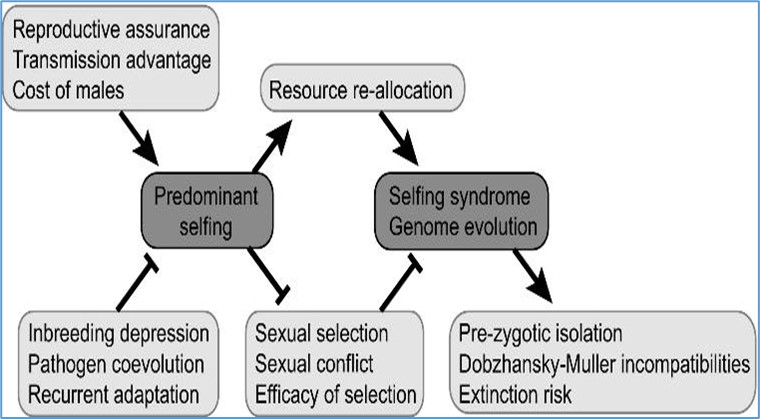PREVIOUS
Selfing Syndrome
December 31 , 2023
656 days
848
0
- Scientists have discovered a flower growing in Paris, France, which is producing less nectar and smaller flowers to attract fewer pollinators.
- The plant evolved to self-pollinate in order to attract fewer pollinators due to the decreasing availability of insects.
- This convergent evolution of a selfing syndrome threatens plant pollinator interactions.
- Self-pollination is the process by which plants reproduce themselves.
- The behaviour is contrary to the convention of angiosperms, which rely on insects to pollinate in order to reproduce — an interconnected relationship in nature.
- This disruption of 100 million years of evolution is likely to have serious consequences.
- It may cause insect declines to accelerate, as well as making plant populations less diverse and more vulnerable to environmental change.

Leave a Reply
Your Comment is awaiting moderation.


